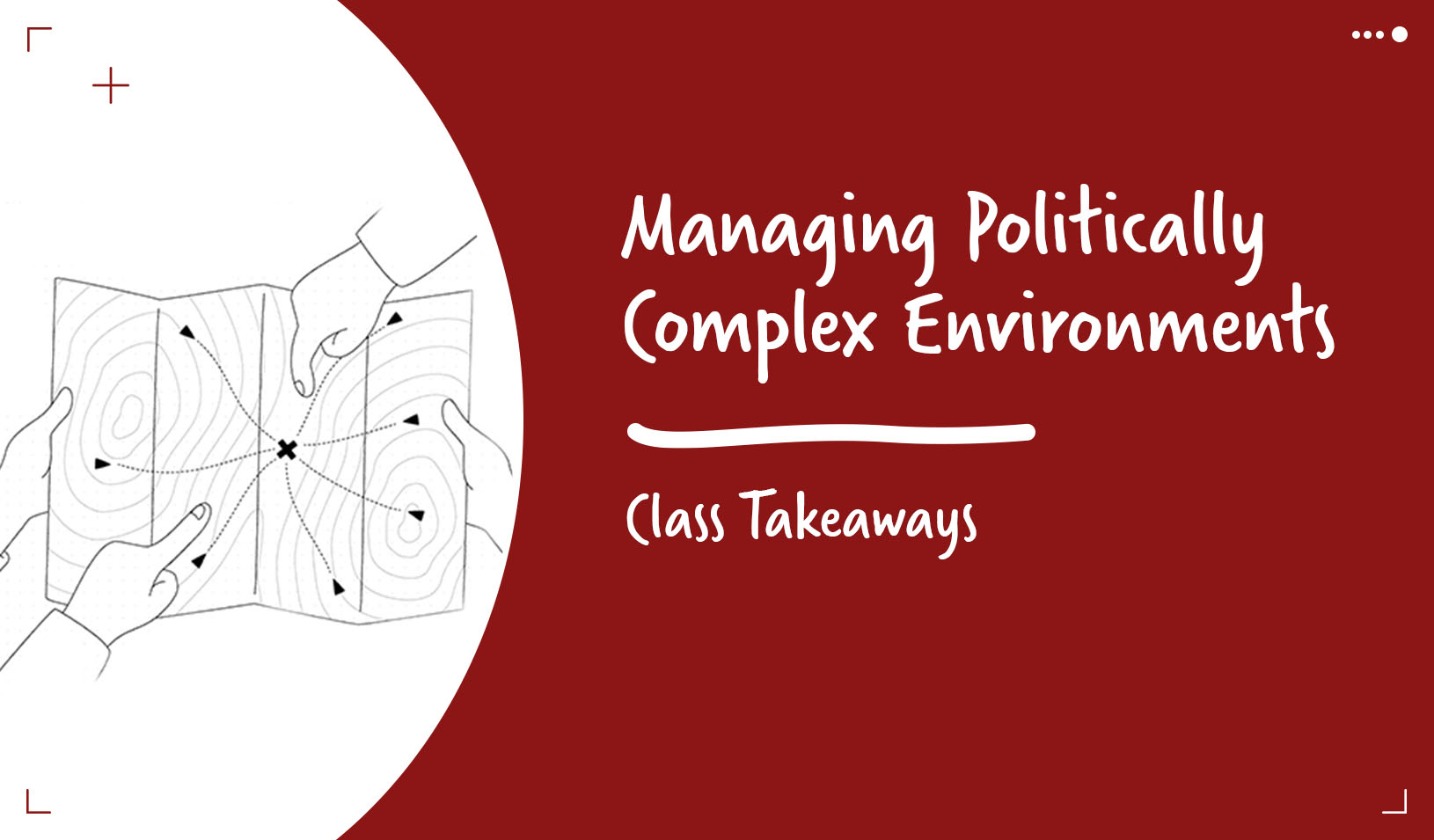Charles O’Reilly started his career in the military and probably would have stayed there but for one major problem: “I wanted more control over my life.” Although he was ambitious, O’Reilly prioritized the freedom to pursue his interests over any status or impact he might achieve as an officer. He left the Army to pursue an academic career, trading external markers of success for the possibility of meeting his own intrinsic goals. Now a professor of organizational behavior at Stanford Graduate School of Business, O’Reilly argues that those motivations and trade-offs matter.
His most recent paper examines the “double-edged sword” of ambition with his longtime colleague Jeffrey Pfeffer, PhD ’72, also a professor of organizational behavior at Stanford GSB. O’Reilly and Pfeffer find that while ambition is highly correlated with measures of career success, it’s also connected with unethical behavior. People who are more extrinsically motivated — those interested in fame, power, and money — are more likely to do unethical things to advance their careers. “The goals of ambition matter,” O’Reilly says. “When the goals are extrinsic, potentially bad things can happen.”
While previous research has linked ambition to career outcomes, no one had investigated how the motivations behind ambition might affect a person’s ethical behavior. Ambitiousness doesn’t fall neatly into the five broad categories of personality traits commonly studied by behavioral researchers. “Because of the enormous focus on the Big Five, I think ambition really did fall by the wayside as an important topic to be studied,” Pfeffer says.
To understand the effects of ambition, Pfeffer and O’Reilly devised a series of experiments based on six potential outcomes that might be targets of personal ambition. Three were extrinsic outcomes: status, power, and wealth. The other three were intrinsic: autonomy, challenge, and mastery. Participants were asked to make a series of forced choices to assess which outcomes they would be willing to trade off. For example, would they choose autonomy over status? Or would they prefer wealth over mastery? Pfeffer likens the questionnaire to a restaurant menu where you might be tempted to choose every option yet can only pick one.
Next, the researchers tested participants’ willingness to engage in different types of unethical behavior. In one experiment, they asked whether people would be willing to exaggerate their accomplishments or take credit for someone else’s work in order to impress others. In another, participants were asked whether they would embellish their salary, responsibilities, or educational credentials on a resume or job application.
Comparing the results of these experiments, O’Reilly and Pfeffer found that even when they controlled for the Big Five personality traits as well as narcissism, ambition correlated with job success — a finding confirmed by previous studies. But they also found a relationship between extrinsic drivers of ambition and unethical behavior. In other tests described in their study, O’Reilly and Pfeffer found that more extrinsically ambitious people were more likely to flat-out lie and cheat to get ahead.
Cheat Codes
In one test, participants played a dice-rolling game in which they had to report the results of each roll. They were told they would win a dollar for every five they rolled. Although the program made it impossible to roll a five, more extrinsically ambitious people were more likely to claim they’d rolled a five. Another test found extrinsically ambitious people were more likely to say they’d sell a car with a faulty water pump without telling the buyer. They were also more likely to say they would misrepresent a product to a coworker to make more money for themselves.
O’Reilly notes a few of the paper’s limitations. He and Pfeffer didn’t control for psychopathy and Machiavellianism, the other members of the “dark triad” of personality traits associated with unethical actions. But O’Reilly points out that there’s a lot of overlap between these traits and narcissism. More significantly, the study relies on self-reporting. Although they were anonymous, participants were asked to admit to lying and cheating and may have lied or misrepresented themselves to look better. However, if that’s the case, O’Reilly says it would not invalidate the findings. If anything, it would lead to an underreporting of the correlation between ambition and unethical behavior.
To O’Reilly, the connection between motivation, ambition, and unethical behavior is something of an obvious point. He gives examples like Enron, Theranos, and WeWork — companies whose executives were successful at gaining wealth and power but did so using unscrupulous, abusive, or illegal methods.
O’Reilly hopes that their paper will encourage other researchers to consider the motivations behind ambition in future scholarship. He also hopes this lens could shape how corporate boards select executives. “We ought to be careful not to select leaders who are only in it for the money and the fame and the status,” he says.
Likewise, Pfeffer summarizes the findings in two words: “Motives matter.” Yet unlike O’Reilly, he stops short of labeling extrinsic ambition as positive or negative. As a scholar of power, he notes that these findings describe reality but don’t necessarily prescribe any kind of correction. Like it or not, even unethical leaders can be successful. “I can never get Charles to accept that this is the way the world works,” he says.
It’s an argument the two have had throughout their four decades of friendship. Their disagreements are both fierce and respectful, filled with quick comebacks and compliments. While Pfeffer is more interested in understanding the environments that shape and reward leaders regardless of their morality, O’Reilly is interested in trying to steer or change those outcomes.
“Charles is much more willing, eager, happy, to go beyond and say, ‘Therefore we ought to do X, Y, and Z,’” Pfeffer says.
“We have an obligation to do that, Jeffrey,” O’Reilly retorts. “That’s what we do as professors.”
For media inquiries, visit the Newsroom.






